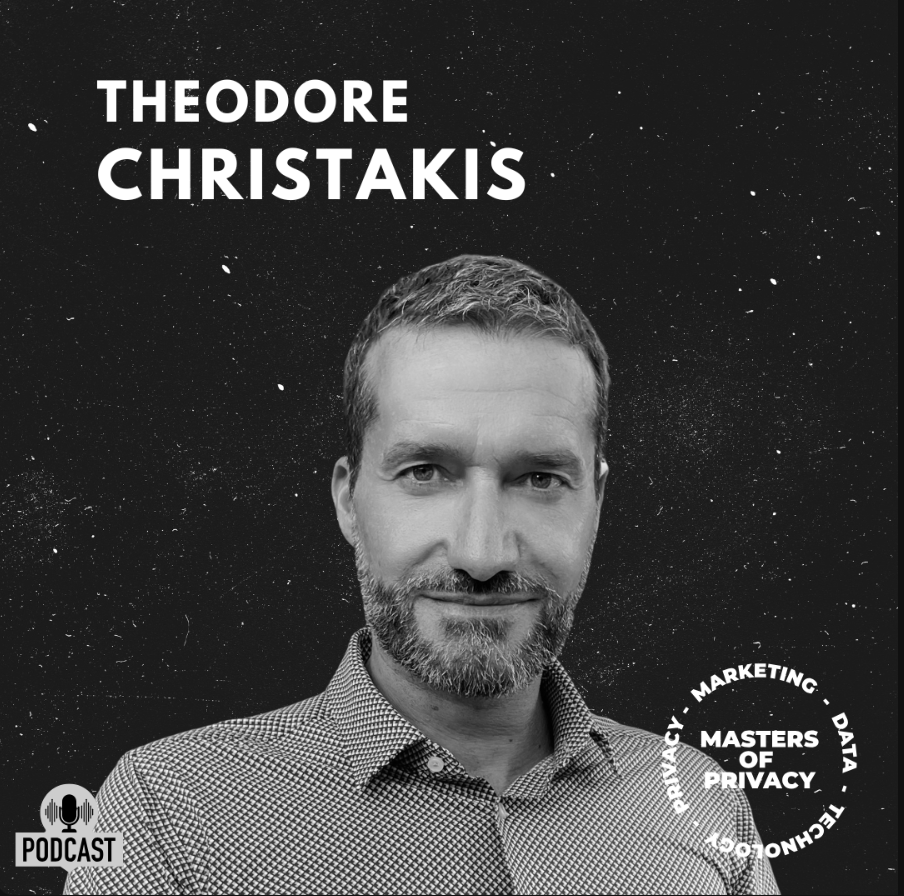Introduction to AI and Data Protection
The rapid rise of Generative AI has raised important questions about data protection and privacy. The European Data Protection Board (EDPB) has released an Opinion on Large Language Models (LLMs), which has significant implications for innovation, privacy, and compliance. In a recent podcast, Professor Theodore Christakis discussed the EDPB’s Opinion and its impact on the future of AI and data protection.
The EDPB Opinion on Generative AI
The EDPB’s Opinion on Generative AI Models arrives at a time when the European Union is seeking to reduce regulatory burdens while promoting AI innovation. While some have criticized the Opinion for its perceived overreach and lack of clarity, Professor Christakis presents a positive reading, noting that it contains valuable insights and guidance. Some key points from the Opinion include:
- Recognition of GDPR as a facilitator of innovation: The Opinion underscores that GDPR is not meant to hinder AI development, but rather to foster responsible data use and trust-building.
- Practical approach to "legitimate interest": The Opinion offers AI developers workable routes to leverage data responsibly while still respecting individuals’ rights.
- Clear line between data protection and IP: The Opinion avoids conflating intellectual property licensing agreements with GDPR compliance obligations, reducing unnecessary legal complexity.
- Constructive alignment with the EU’s AI Act: The EDPB refrains from linking the concept of "systemic risk" under the AI Act directly to GDPR’s legitimate interest balancing test, helping to prevent regulatory overlap and confusion.
However, Professor Christakis also points out several challenges and concerns, including:
- Strict anonymity standards: The bar set for what qualifies as truly anonymous data may be exceedingly high, making compliance difficult for many AI models.
- Ambiguous "case-by-case" approach: This could lead to heightened uncertainty and inconsistent enforcement, with different regulators possibly interpreting the guidance in diverse ways.
- Rigid distinction between "compliance measures" and "extra" safeguards: The Opinion may undervalue genuinely privacy-enhancing measures that do not fit neatly into either category.
- Blind spots around sensitive data processing: The Opinion omits guidance on processing sensitive data, leaving AI developers with a critical gap in understanding how best to handle these data sets under GDPR.
The DeepSeek Case
The DeepSeek case highlights the importance of responsible innovation and adherence to data protection laws. The company’s launch quickly turned into a cautionary tale, underscoring the pitfalls of neglecting GDPR and other global data protection laws. The swift regulatory response demonstrated that responsible innovation is vital to maintaining trust and credibility in worldwide markets.
AI Hallucinations
The podcast also examines how GDPR should handle so-called AI "hallucinations," where Generative AI tools produce inaccurate or misleading outputs. Many GPAI developers are implementing filters, fact-checking, and other advanced mechanisms to minimize these risks. However, the discussion highlights the importance of ensuring AI systems maintain robust safeguards that protect users and uphold privacy standards.
Conclusion
The EDPB’s Opinion on Generative AI Models and the DeepSeek case demonstrate the need for a careful balance between protecting privacy and promoting innovation. Properly implemented, GDPR can serve as the foundation for trustworthy AI, promoting responsible data practices that benefit both innovators and the public at large. By understanding the implications of the EDPB’s Opinion and the importance of responsible innovation, we can work towards a future where AI and data protection coexist in harmony.
FAQs
- What is the EDPB’s Opinion on Generative AI Models?: The EDPB’s Opinion provides guidance on the use of Generative AI Models, including recognition of GDPR as a facilitator of innovation, a practical approach to "legitimate interest," and a clear line between data protection and IP.
- What is the DeepSeek case?: The DeepSeek case is a cautionary tale about the importance of responsible innovation and adherence to data protection laws.
- What are AI "hallucinations"?: AI "hallucinations" refer to instances where Generative AI tools produce inaccurate or misleading outputs.
- How can GDPR promote trustworthy AI?: GDPR can promote trustworthy AI by providing a foundation for responsible data practices, ensuring that AI systems maintain robust safeguards to protect users and uphold privacy standards.











